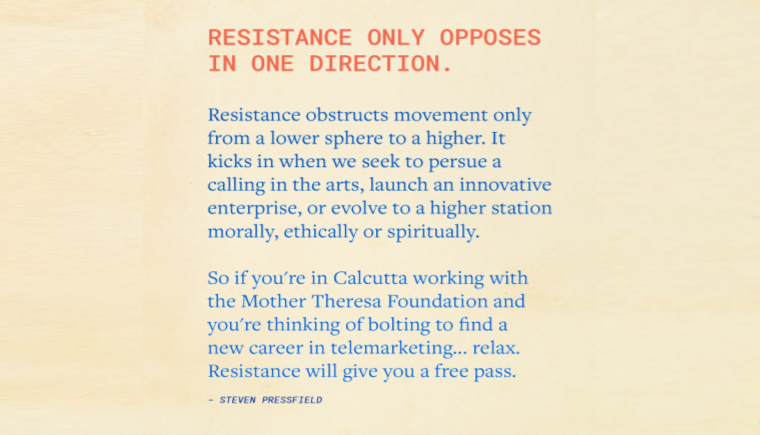
I connected with a new client the other day for about an hour. For the first 30 minutes of the conversation, she was basically yelling at me. She was mad. But not at me. She was frustrated with her boss, disappointed in her organization, and fed up with her circumstances.
As a coach, it’s my job to be a safe harbor. I want clients to feel safe to show up as they are and express themselves fully, so I listened patiently, deeply. When she finished saying her piece, I asked her if she often feels this angry? She was silent for a moment before she responded, “I’m not angry, I’m just exhausted.” Blind spots are named appropriately, sometimes we just can’t see where we are. While she might have been tired, she was clearly angry and didn’t see it.
There’s a high degree of anger in the workplace right now. And yes, exhaustion, pandemic living, and burnout are likely behind it. No matter what’s fueling it, anger at work is not productive. Emotions are never bad or wrong, as leaders we have to recognize them, understand them, and work to harness heightened ones in professional settings.
Anger is a defense mechanism that can prevent us from being fully accountable for our actions. In the moment, it can feel great to be fed up and fired up, yet it can tarnish your credibility long past the outburst. Anger is typically a sign that change, or acceptance, is needed. Successful leaders recognize anger as a warning sign that they need to make different choices. They don’t act in anger. Instead, they process, move through it, and reflect on what needs to be better. Anger is a catalyst, yet a poor life companion. You want to understand it as fast as you can.
If you’ve been angry at work lately, search for the root cause. Are you …
- Exhausted?
- Overwhelmed?
- Dealing with a difficult boss?
- Undervalued?
Don’t accept unexplored anger.
Name the source. Then, determine what needs to change and be accountable to making that happen. It’s essential to get back to demonstrating the professionalism you value, and others expect from you. It’s okay to not be okay. It’s not okay to be angry at work.































































